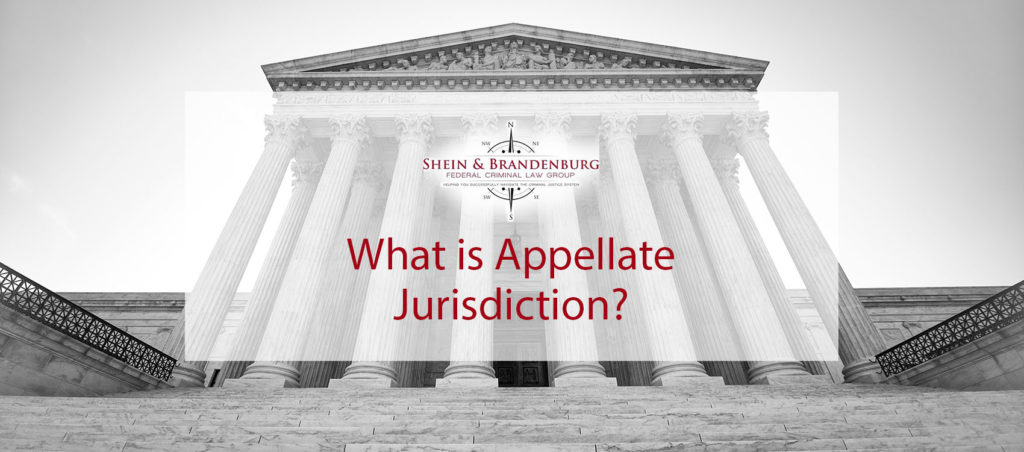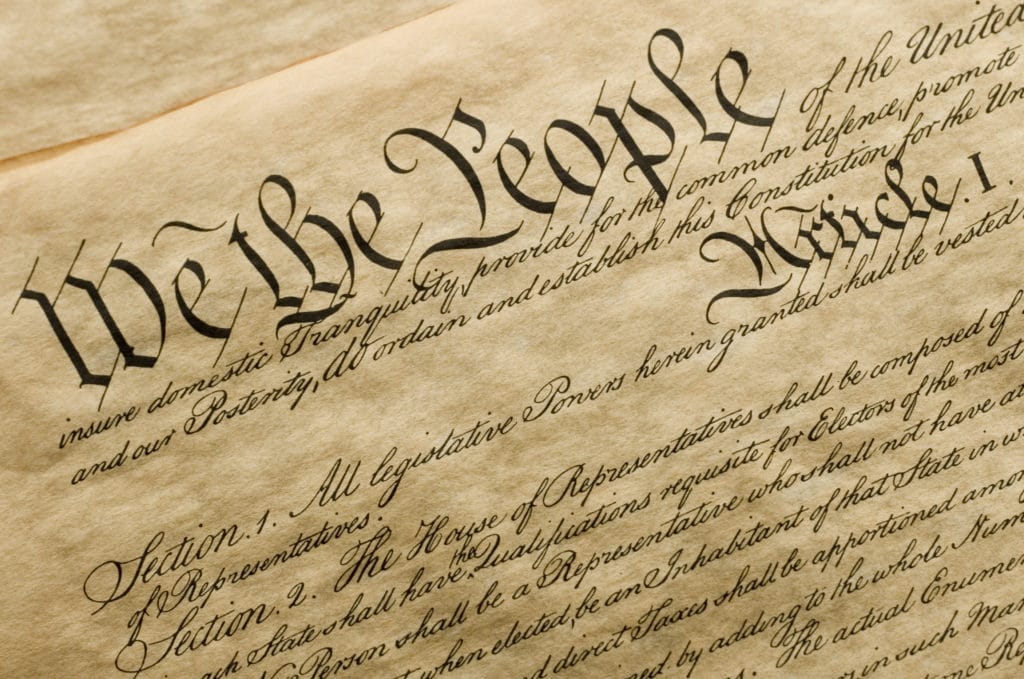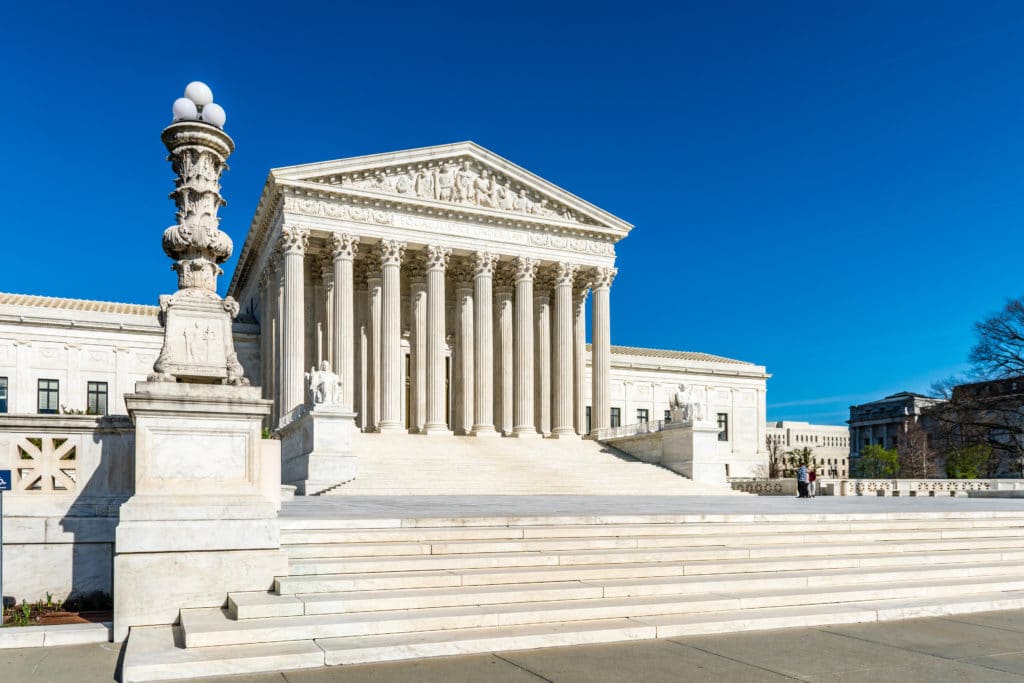Breaking Down Appellate Jurisdiction
Appellate jurisdiction refers to the ability of an appeals court to review and make decisions on cases heard by trial courts as well as other types of “lower” courts. To navigate appellate court cases, many people find it vital to obtain the assistance of an experienced appellate lawyer. It also helps to understand some of the details about how the cases typically proceed.
The Powers of Appellate Courts in the United States
Article III of the United States Constitution vests the United States Supreme Court with appellate jurisdiction in matters of both fact and law. However, article III contain any guidelines concerning the appellate jurisdiction of lower courts.
Even though the Judiciary Act of 1789 established circuit courts as the primary trial courts in the United States with appellate jurisdiction over some federal district court decisions. As part of the Evarts Act of 1891, Congress created circuit courts of appeals and reduced mandatory review of federal court cases by the United States Supreme Court. The 1891 Act also authorized circuit courts to hear interlocutory orders, which are made before final judgments or decrees are issued.
In the first half of the 1900s, Congress expanded the scope of federal crimes, which resulted in the number of criminal appeals heard in circuit courts increasing substantially. The number of total appeals filed with circuit courts of appeals rose from 6,000 appeals in 1965 to 35,000 in 1987. By the 1990s, more than half of all appeals in court of appeals involved federal question civil suits.
In addition to courts of appeals, the Supreme Court also plays a vital role in the appeal process. The 1789 Judiciary Act granted the United States Supreme Court the power to review by writ of errors final judgments in civil actions in civil courts. The Supreme Court’s jurisdiction includes any claim of right under the Constitution or laws and treaties of the United States. Because the Supreme Court’s appellate review is extensive and the company receives a large number of appeals, it cannot hear every case it receives. The Supreme Court tends to hear cases that are original in situation or subject matter, well-tailored in scope and scale, of general interest to the judiciary, and represent a lack of consensus among lower courts. The Supreme Court does not hear matters that rest solely on adequate and independent state grounds, Instead, these cases are heard by state courts.
The Right to an Appeal is Not Automatic
The right to an appeal is not absolute. Instead, the party that requests the appeal must convince the court of appeals that the lower court incorrectly applied the law to the facts of the case. Appellate courts will not consider an appeal unless adequate evidence has been shown. The requirement to show cause has long been required by appellate courts as well as the Supreme Court of the United States. A person might be convicted of a federal offense but not have the opportunity to appeal the case. To maximize your chances of having an appeal granted, it is best to obtain the assistance of an experienced appellate lawyer.
The Standard of Review by Appellate Courts
Standard of review refers to an appellate court’s decision of the degree that it will follow a lower court’s decision.
When it comes to the facts of how a case occurred, appellate courts often give total deference to what the trial court found. As a result, it is the responsibility of trial judges to view the evidence and hear the testimonies of witnesses and experts. In regards to issues of facts, appeals courts will often only interrupt if there is a clear error.
Courts of appeal, however, review issues of law “de novo” (new) which means that they have the ability to reverse or modify the lower court’s decision if the appellate court believes that the lower court incorrectly applied the law to the facts in the case.
Appellate courts also have the ability to review the lower judge’s discretionary decisions including whether a new trial was properly granted or whether the evidence was incorrectly allowed. In making these decisions, the appellate court determines whether the lower court abused its discretion.
Common Issues in Federal Criminal Appeals
If you plan on initiating an appeal in a criminal case, there are four main things that are commonly raised in this type of appeal:
- Pretrial motions. If evidence was collected against a person through the use of a search warrant and the person charged filed a motion in trial court claiming that this seizure violated the person’s Constitutional rights, a person can raise this issue on appeal. While there are a number of pretrial motions that can be raised, one of the most common involves the failure of the court that sentenced a person to let improper evidence into a trial.
- Evidentiary issues. If a court that sentenced a person kept a witness from testifying on the person’s defense and the person who was sentenced believed that the witness should have been allowed to testify, this can form the basis for a strong appeal.
- Sufficiency of the evidence. If you believe that the government did not give the jury sufficient evidence to find guilt, it is possible to raise this issue on an appeal. While these cases are often challenging, these grounds can act as a defense when no other claims are available.
- Sentencing. If a judge followed improper guidelines when sentencing you, refused to listen to your side of the argument or did not listen to why you should have received a lower sentence, this can likely serve as the basis for a strong appeal.
While you might feel like you know the ins and outs of your case, an experienced criminal appeals lawyer can review the facts of your case and determine your strongest basis for an appeal.
Speak with an Appellate Jurisdiction Expert Today
If you or a loved one has been charged with a federal offense and is now interested in making an appeal, it is important to remember that there are often narrow windows of time in which to do so. This is why you should not hesitate to obtain the assistance of an experienced appellate attorney. Contact the Federal Criminal Law Center today to request a free case evaluation.




